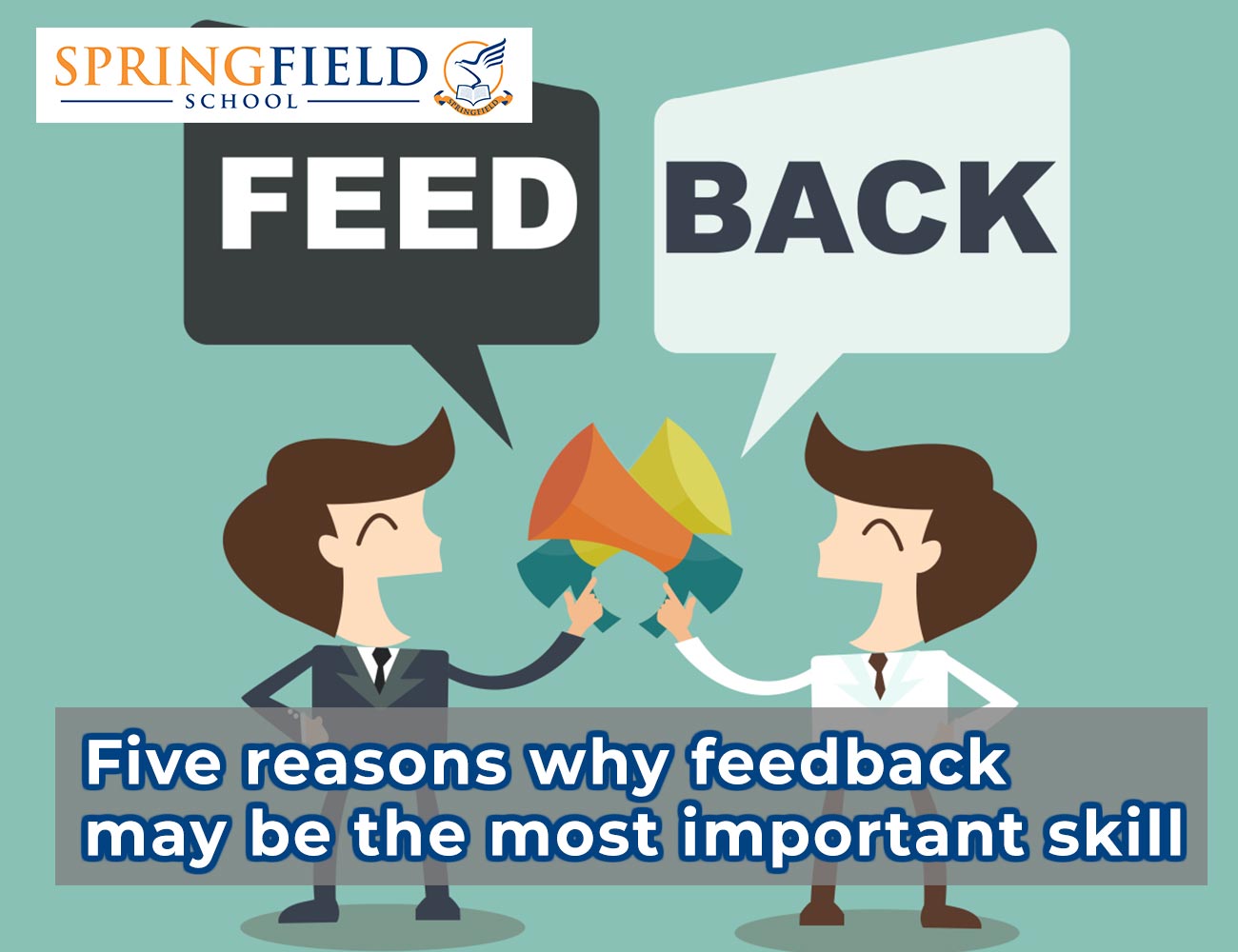Five reasons why feedback may be the most important skill
Giving effective feedback is a vital part of communication, whether inside or outside the boardroom or classroom. Bob Dignen explains why.
#1 Feedback is there all the time
Ask people when feedback happens in business and they usually talk about times such as the annual appraisal, or a disciplinary conversation following some kind of wrongdoing. In fact, feedback is around us all the time. Every time we speak or listen to another person, in our tone of voice, in the words we use, in the silences which we allow, we communicate feedback – how far we trust, how much we respect, the degree to which we love, like or even hate the person in front of us. We cannot not give feedback. If we think we’re not doing it, we’re a dangerous communicator because it means we are probably not managing communication effectively.
#2 Feedback is just another word for effective listening
When one human being speaks to another, he or she needs to experience two very fundamental things – they need to know that they have been understood, and they need to feel that what they said had some form of value. Remove either of these aspects, and a speaker can quickly become confused or even irritated. Giving feedback effectively means in one sense simply providing both aspects; for example, showing understanding – ‘I see.’ or ‘OK. I have the same issue.’ – and expressing appreciation – ‘That’s important because …’ or ‘That’s very interesting because …’.
#3 Feedback is an opportunity to motivate
Positive feedback is another word for praise, and is all about taking the opportunity to express appreciation of a job well done, in the hope of inspiring an individual to do many more jobs even better. Too few leaders, managers and colleagues find time to express thanks to others for something well done, missing the opportunity to inspire greater positive feeling and commitment in those already performing well.
#4 Feedback is essential to develop performance
For many, feedback is something akin to criticism or attack. Perhaps this is why it is seldom practised with any enthusiasm, and certainly anticipated with less. Yet feedback is not criticism, it is a supportive act intended to deal with under-performance in a constructive way and to develop performance to a higher level. The language which we use is important here; not, ‘You didn’t do …’ but rather ‘If you had done xxx, it would have …’ or ‘The customer wasn’t very happy. What else do you think you could have done?’
#5 Feedback is a way to keep learning
Working internationally, which often entails working with high levels of cultural diversity, business complexity and within virtual teams, means we are likely to get things wrong from time to time. We will assume things incorrectly. We will communicate in ways which are confusing and possibly impolite for others. The only way to make sure we don’t continue making the same mistakes is to get feedback. Invest time in asking and learning about how others experience working with you – ‘What do you like about the way I work and what don’t you like?’ You might find it tough to listen to others’ sometimes ill-founded opinions about your behaviour. But it is what it is; an opinion and not a fact. And if people are thinking it, you may not need to accept it, but you need to manage the perception by explaining more about what you do and why you do it the way you do. It takes time, of course, but probably saves time in the long run – with greater mutual understanding comes greater speed to market.
Source : https://www.cambridge.org/elt/blog/2014/03/17/five-reasons-feedback-may-important-skill/
Tags:SFRH 2019-2020


